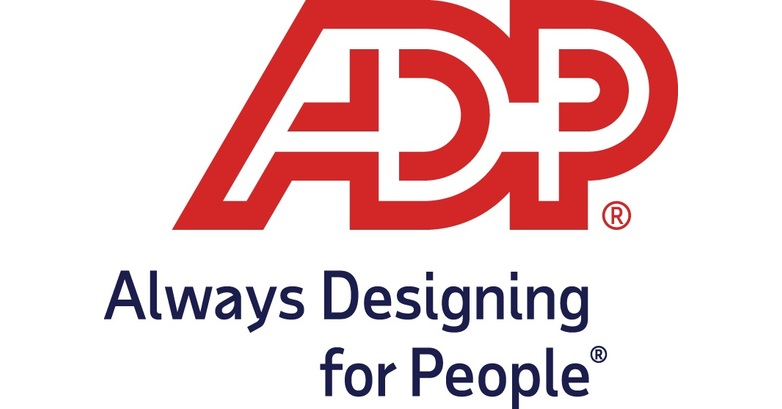Tech
Australia passes social media minimum age law, cracking down on app use by kids under 16
Bluesky sees influx of new users post-election
Many social media users are shifting from X, formerly Twitter, to similar sites such as Threads and Bluesky.
- Australia passed a law banning social media for users under 16, with enforcement beginning next year.
- The law has sparked debate, with supporters citing mental health concerns and critics arguing it infringes on rights and could be ineffective.
- Tech companies will face hefty fines if they fail to comply, but details on age verification methods are still under discussion.
Australia approved on Thursday a social media ban for children aged under 16 after an emotive debate that has gripped the nation, setting a benchmark for jurisdictions around the world with one of the toughest regulations targeting Big Tech.
The law forces tech giants from Instagram and Facebook owner Meta to TikTok to stop minors logging in or face fines of up to 49.5 million Australian dollars ($32 million USD). A trial of methods to enforce it will start in January with the ban to take effect in a year.
The Social Media Minimum Age bill sets Australia up as a test case for a growing number of governments which have legislated or said they plan to legislate an age restriction on social media amid concern about its mental health impact on young people.
Countries including France and some U.S. states have passed laws to restrict access for minors without a parent’s permission, but the Australian ban is absolute. A full under-14s ban in Florida is being challenged in court on free speech grounds.
Getting the law passed after a marathon last day of Australia’s parliamentary year marks a political win for centre-left Prime Minister Anthony Albanese who goes to an election in 2025 amid sagging opinion polls. The ban faced opposition from privacy advocates and some child rights groups, but 77% of the population wanted it, according to latest polls.
Against the backdrop of a parliamentary inquiry through 2024 which heard evidence from parents of children who had self-harmed due to social media bullying, domestic media backed the ban led by Rupert Murdoch’s News Corp, the country’s biggest newspaper publisher, with a campaign called “Let Them Be Kids.”
The ban could however strain Australia’s relationship with key ally the United States, where X owner Elon Musk, a central figure in the administration of president-elect Donald Trump, said in a post this month it seemed a “backdoor way to control access to the Internet by all Australians”.
It also builds on an existing mood of antagonism between Australia and mostly US-domiciled tech giants. Australia was the first country to make social media platforms pay media outlets royalties for sharing their content and now plans to threaten them with fines for failing to stamp out scams.
A spokesperson for Meta said the Facebook owner respected Australian law, but it was “concerned” about the process, which “rushed the legislation through while failing to properly consider the evidence, what industry already does to ensure age-appropriate experiences, and the voices of young people.”
“The task now turns to ensuring there is productive consultation on all rules associated with the Bill to ensure a technically feasible outcome that does not place an onerous burden on parents and teens and a commitment that rules will be consistently applied across all social apps used by teens,” the spokesperson said.
Representatives of TikTok and X, which the government has said would be affected by the ban, were not immediately available for comment.
The companies – including Alphabet’s Google, whose subsidiary YouTube is exempt because it is widely used in schools – had argued the legislation should be postponed until after the age verification trial.
“It’s cart before horse,” said Sunita Bose, managing director of Digital Industry Group, which has most social media companies as members.
“We have the bill but we don’t have guidance from the Australian government around what are the right methods that a whole host of services subject to this law will need to employ,” Bose added, speaking to Reuters.
Nation Divided
Some youth advocacy groups and academics had warned the ban could shut off the most vulnerable young people, including LGBTQIA and migrant teenagers, from support networks. The Australian Human Rights Commission said the law may infringe human rights of young people by interfering with their ability to participate in society.
Privacy advocates meanwhile warned the law could lead to heightened collection of personal data, clearing the path for digital identification-based state surveillance. A last-minute change to the bill specified that platforms must offer an alternative to making users upload identification documents.
“This is boomers trying to tell young people how the internet should work to make themselves feel better,” said Sarah Hanson-Young, a senator for the left-leaning Greens, in a late Senate sitting just before the bill was passed 34 votes to 19.
But parent groups pushed for intervention, seizing on comments from U.S. Surgeon General Vivek Murthy who in 2023 said social media was worsening a youth mental health crisis to the point where it should carry a health warning.
“Putting an age limit and giving the control back to the parents, I think it’s a starting point,” said Australian anti-bullying advocate Ali Halkic, whose 17-year-old son Allem took his life in 2009 following social media bullying.
Enie Lam, a Sydney school student who recently turned 16, said social media contributed to body image problems and cyber bullying but a total ban may drive young people to less visible, more dangerous parts of the internet.
“It will only create a generation of young people who will be more technologically literate in bypassing these walls,” she told Reuters. “It won’t achieve the desired effects.”
“We all know social media isn’t good for us but the social media ban generally sees a lot of young people who are strongly against it.”










